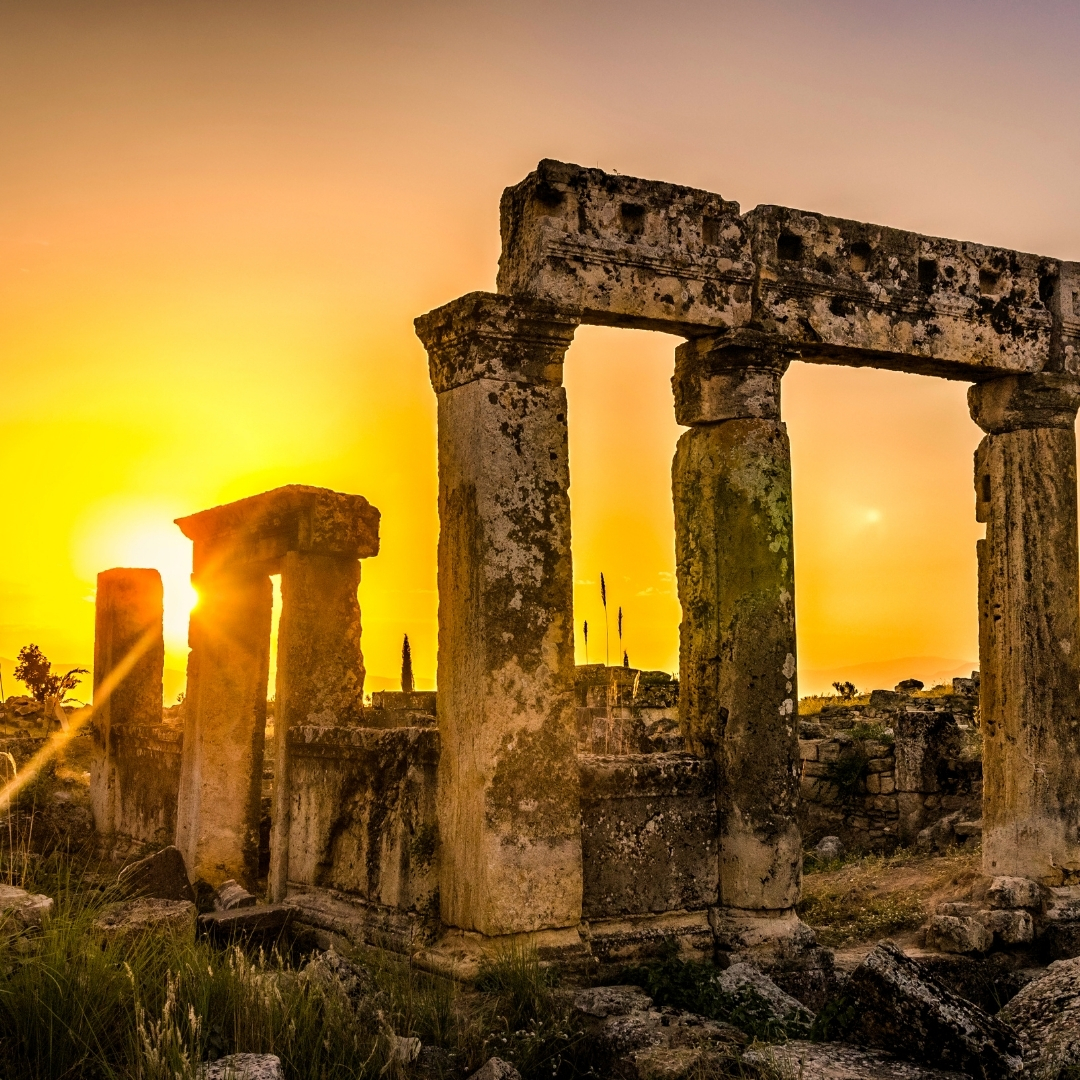
To the angel of the church in Laodicea, write:
The Amen, the faithful and true witness, the origin of God's creation, says this: "I know your deeds, that you are neither hot nor cold. I wish you were either hot or cold. So, because you are lukewarm—neither hot nor cold—I am about to vomit you out of my mouth. You say, 'I am rich and prosperous and have need of nothing,' yet you do not realize that you are wretched, pitiful, poor, blind, and naked.
I counsel you to buy from me gold refined by fire, so that you may be rich; white garments, so that you may clothe yourselves and cover your shameful nakedness; and eye salve to anoint your eyes, so that you may see. Those whom I love, I rebuke and discipline. So be earnest and repent.
Here I am! I stand at the door and knock. If anyone hears my voice and opens the door, I will come in and eat with them, and they with me. To the one who is victorious, I will give the right to sit with me on my throne, just as I was victorious and sat down with my Father on his throne."
Whoever has ears, let them hear what the Spirit says to the churches.
(Revelation 3:14-22)
The church in Laodicea (3:14-22) shared close ties with the churches in Colossae and Hierapolis. Laodicea's spiritual state was lukewarm, symbolized by the city's water system. Situated six miles from Hierapolis, known for its thermal springs, Laodicea relied on an aqueduct system that brought water from a spring in Denizli. By the time the water arrived in Laodicea, it was lukewarm and undrinkable.
Material wealth and self-sufficiency defined the city. Laodicea, a thriving commercial and banking hub, had become so wealthy that, after a devastating earthquake in AD 60, it rejected Roman financial assistance, boasting of its independence. This attitude of self-satisfaction had permeated the church as well. Their spiritual blindness was especially ironic because Laodicea was renowned for a medical salve made for eye ailments, yet the church was spiritually blind.
The exhortation to purchase white garments to cover their nakedness also carried deep irony, as the city was known for its textile industry, particularly the famous black wool it produced. The believers, living in this affluent and industrious city, were spiritually naked, and Christ called them to clothe themselves with His righteousness.
The city, once a "throne city" ruled by the Zeno family, was proud of its heritage, but Jesus offered them something far greater: the promise of eternal victory, to sit with Him on His heavenly throne. The Laodicean church was called to repentance, to turn from their complacency and heed Christ's call to renewed zeal and spiritual clarity.






